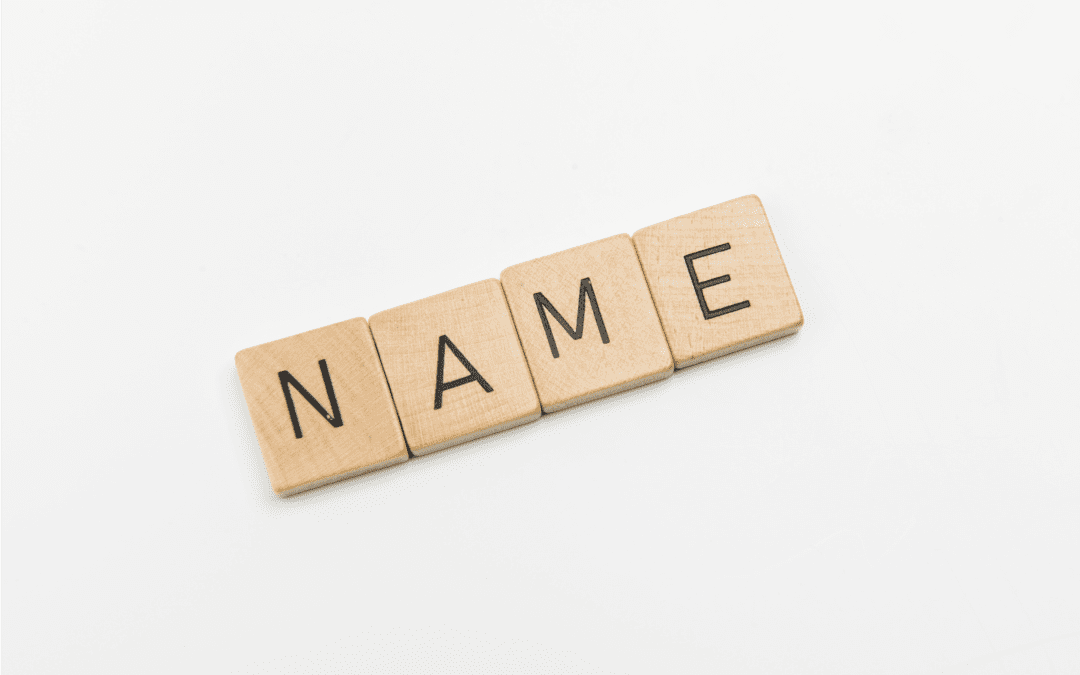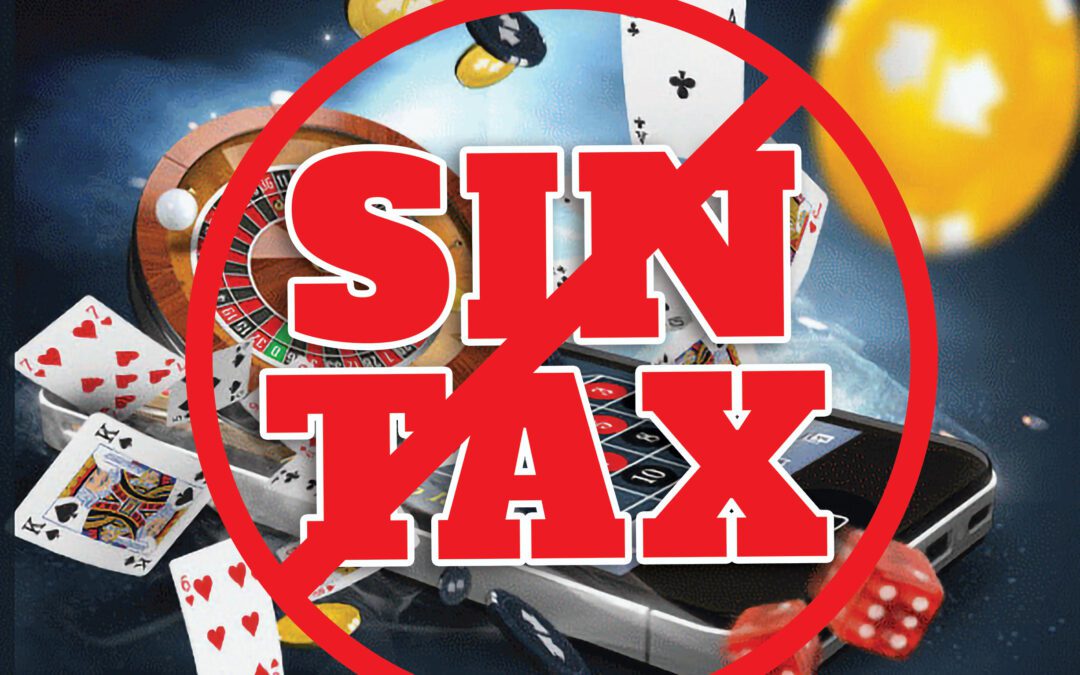Jess Stewart’s desire to become an advocate for problem gamblers was born while he was at Project Turnabout for residential gambling treatment in 2016. Four years later, he’s proven to be a highly motivated, steadfast voice for those afflicted with gambling disorder.
After graduating from Project Turnabout, Jess returned to his native Ohio (Jess was unable to find residential treatment in Ohio). He immediately sought out organizations involved with problem gambling to determine how he might contribute as an advocate.
Jess soon forged a connection with the Problem Gambling Network of Ohio (PGNO), signaling the start of a great new journey. He subsequently attended national conferences and recovery meetings, became a PGNO board member, participated in a symposium for Recovery Resources in Cleveland, and led a session at the 2020 Ohio Problem Gambling Conference. “Everything sort of snowballed in a good way for me as if it were meant to be,” says Jess.
Jess found that he had unique value to add because of his lived experience. “I can tell a very real story to influence legislators about gambling issues. When someone shares their story in person, they have to hear it, and it changes the way they think about it. I also remind them to think about the legacy they want to leave.”
Jess has reached out to legislators by email, letter and phone calls, written op-eds for newspapers and done television interviews. He’s also passionate about the language of “addiction.” “I think the term ‘addict’ creates a stigma that keeps people from coming out to the forefront and getting help.”
Jess has contributed in other ways. For example, he’s supported the use of “warm transfers” on the Ohio state helpline, giving individuals calling in the opportunity to speak with and be assessed by a certified gambling counselor. He’s also encouraging the state to add an advocate line, which would allow a caller to talk to a peer that’s experienced challenges with gambling, rather than a counselor that they might view as less relatable.
“You have to have compassion and understanding when talking to another person and treat them as you’d want to be treated,” he says. “That conversation just might save a life. That was the case for me after my initial call with Project Turnabout — I heard the voice of hope and understanding.”
Where does Jess’s passion come from and what motivates him to be so energetic about the cause? “I believe if you’re aware of what you can do that you have a moral obligation to speak out and help others. I wasn’t willing to be silent because I’ve read and heard so many sad stories. I respect others who decide not to share their story or to be in the forefront, but for me that just isn’t an option.”







